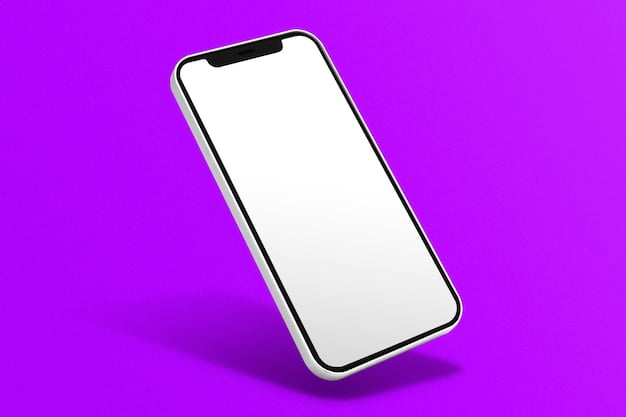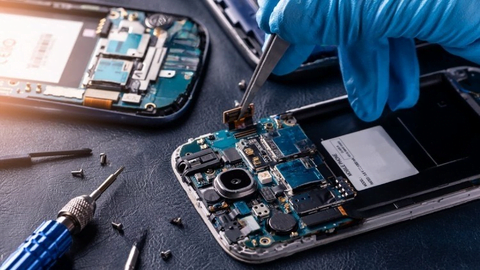
In an effort to reduce consumers’ dependence on mobile network which may be patchy or unavailable depending on the location, the Telecom Commission has approved a proposal by telecom regular TRAI that recommends the activation of internet telephony in India. With this, mobile operators will be able to activate a new system where users will be able to place and receive calls using data services with voice transmission taking place over the internet, rather than the current voice protocols.
This means that users will be able to place calls to ordinary mobile and landline numbers even when they are in areas of poor or non-existent coverage, provided they have access to Wi-Fi. You will thus be able to log on to the Wi-Fi internet in your home or office and place calls using this. The calls will be patched through as ordinary calls, rather than typical internet-based voice calls that currently use third-party apps and services such as WhatsApp or Skype, and work only when the app is installed on the devices of both the caller and receiver.Thus, broadband internet can be used to place calls, which is typically installed using wiring and doesn’t require to be within range of a mobile network tower. This will require the registering of a new mobile number that won’t require a SIM card, but would need to be activated and used on a mobile telephony app.
Operators and companies that obtain the right licenses and permissions will thus be able to start offering these services soon. Operators that have regular subscribers may be able to offer the use of the same number for internet calling, thereby effectively replacing mobile network coverage with internet availability.
While TRAI has pushed the proposal for its cost-effectiveness, widespread free calling in the country that is present now makes this option more viable for cases where network may be sketchy or absent. This can be in remote areas that do have access to broadband internet, or even parts of otherwise covered areas where mobile network is weak, such as basements and covered areas.
source;-bgr




